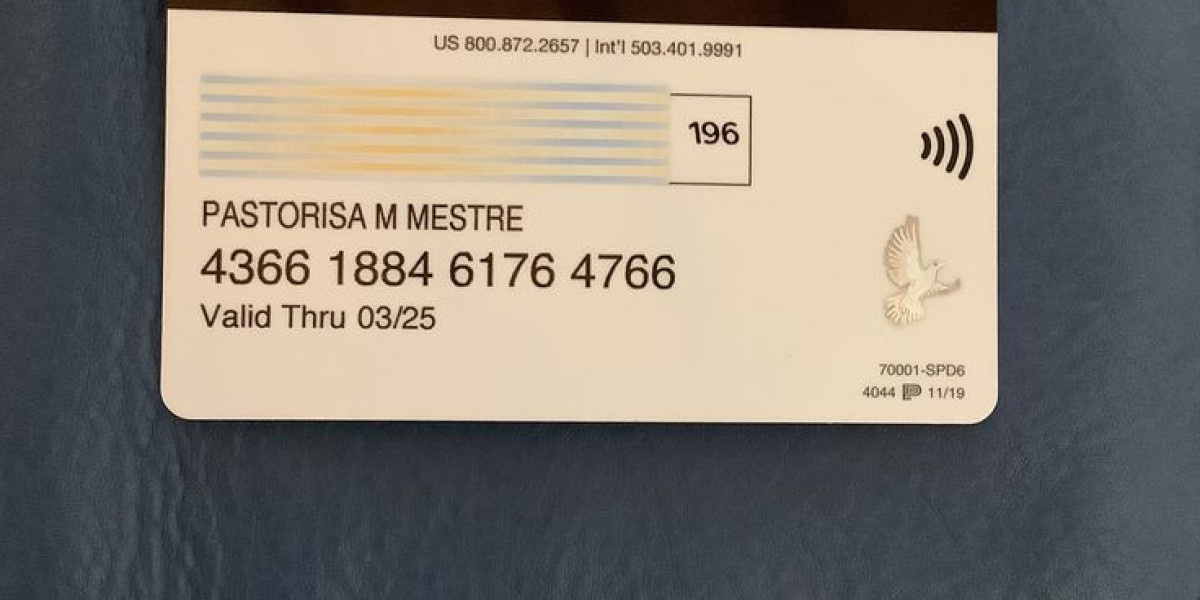Sportsman’s Guide Credit Card Harassment: Your Rights & What You Can Do
If you are getting frequent calls, letters, or threats about your Sportsman’s Guide credit card, you’re not powerless. Debt collectors and issuers must follow laws to prevent abusive or harassing practices. Understanding your rights and how to respond can help you stop the harassment and protect yourself.
Why You Might Be Facing These Calls
When a credit card account becomes past due, it may be sent to internal collections or external agencies. In the case of Sportsman’s Guide, calls may be placed by third‐party collectors or internal debt recovery teams. In some instances, these calls may escalate into harassment if they break legal rules.
What Constitutes Harassment
Under the Fair Debt Collection Practices Act (FDCPA) and other applicable laws, debt collectors are prohibited from:
Excessive or Repeated Contact
Being called many times a day (with little new information) is often seen as a tactic to intimidate or coerce.
Threats, False Statements, & Misrepresentation
Collectors cannot lie about your rights, claim they will take actions they can't, or exaggerate consequences.
Contacting You at Inappropriate Times or Locations
Calls before 8 a.m. or after 9 p.m. (unless you agree) or contacting you at work after you've asked them not to is generally disallowed.
Ignoring Cease‐and‐Desist Requests & Failing to Validate
You have the right to formally ask that they stop contacting you and demand written proof (validation) of the debt. If they don’t comply, their actions may violate your rights.
If you believe you are subject to Sportsman’s Guide credit card harassment, these practices may already cross legal boundaries.
How to Respond & Protect Yourself
Keep Detailed Records
Every call, text, message, or letter should be logged: date, time, phone number, what was said, whether you asked them to stop.
Request Debt Validation in Writing
Send a letter asking the collector to prove the debt: who the original creditor is, how much is owed, and documentation.
Issue a Cease‐and‐Desist Letter
A formal demand should instruct them to cease contacting you. After receiving it, collectors generally may only communicate to confirm receipt or inform of legal actions—not to harass.
Consult an Attorney
If harassment continues beyond your requests, seek advice from an attorney experienced in consumer protection. You may have legal remedies.
Taking Action
If you believe your rights under the FDCPA or other laws are violated, you can:
File a complaint with the Consumer Financial Protection Bureau (CFPB)
Report to the Federal Trade Commission (FTC)
Contact your State Attorney General’s Office
Consider legal action to enforce your rights and recover damages
For more detailed guidance on dealing with such harassment, see this resource on Sportsman’s Guide credit card harassment: Sportsman’s Guide credit card harassment.








